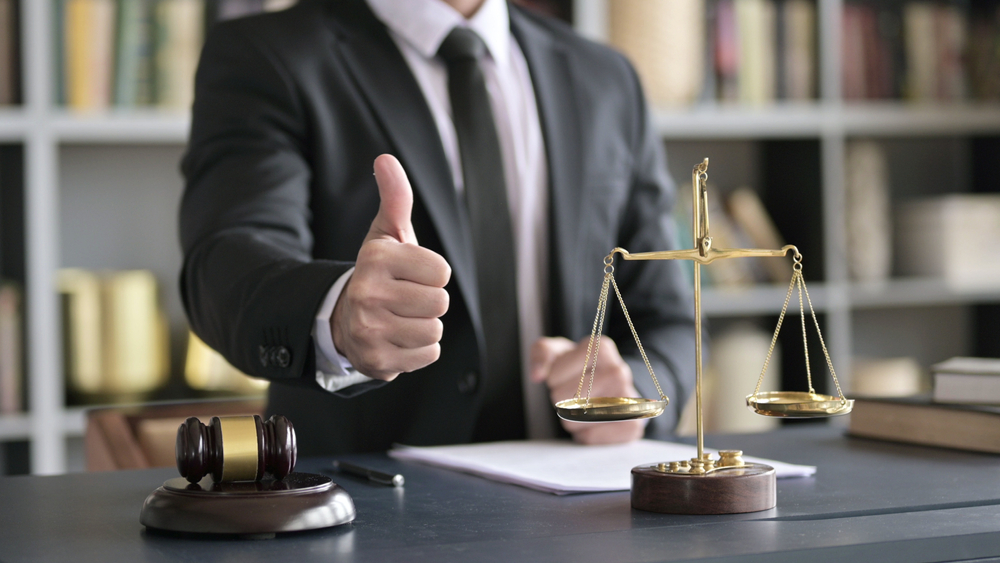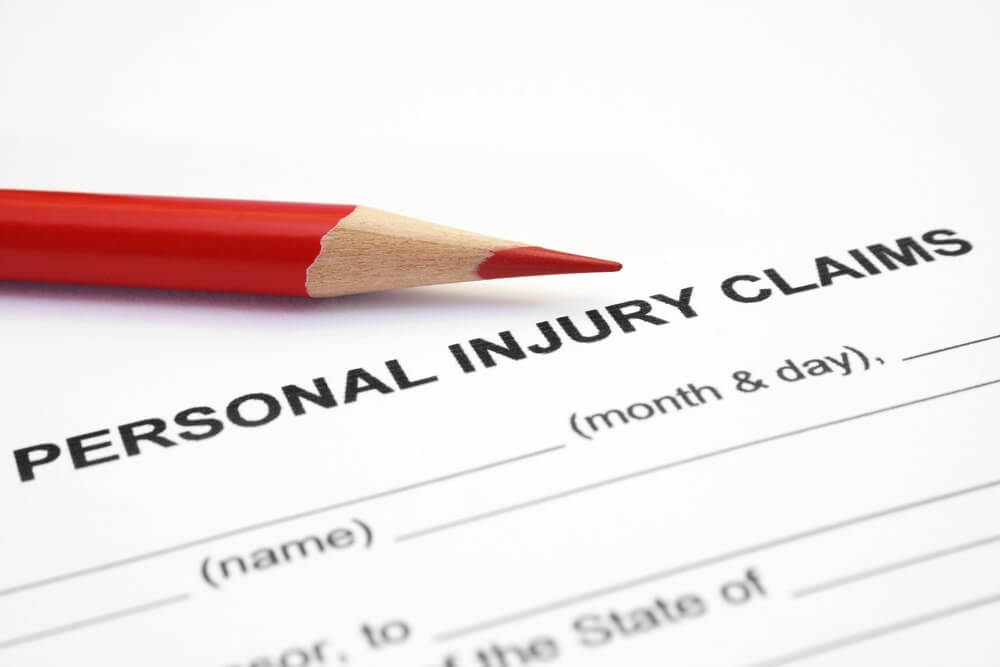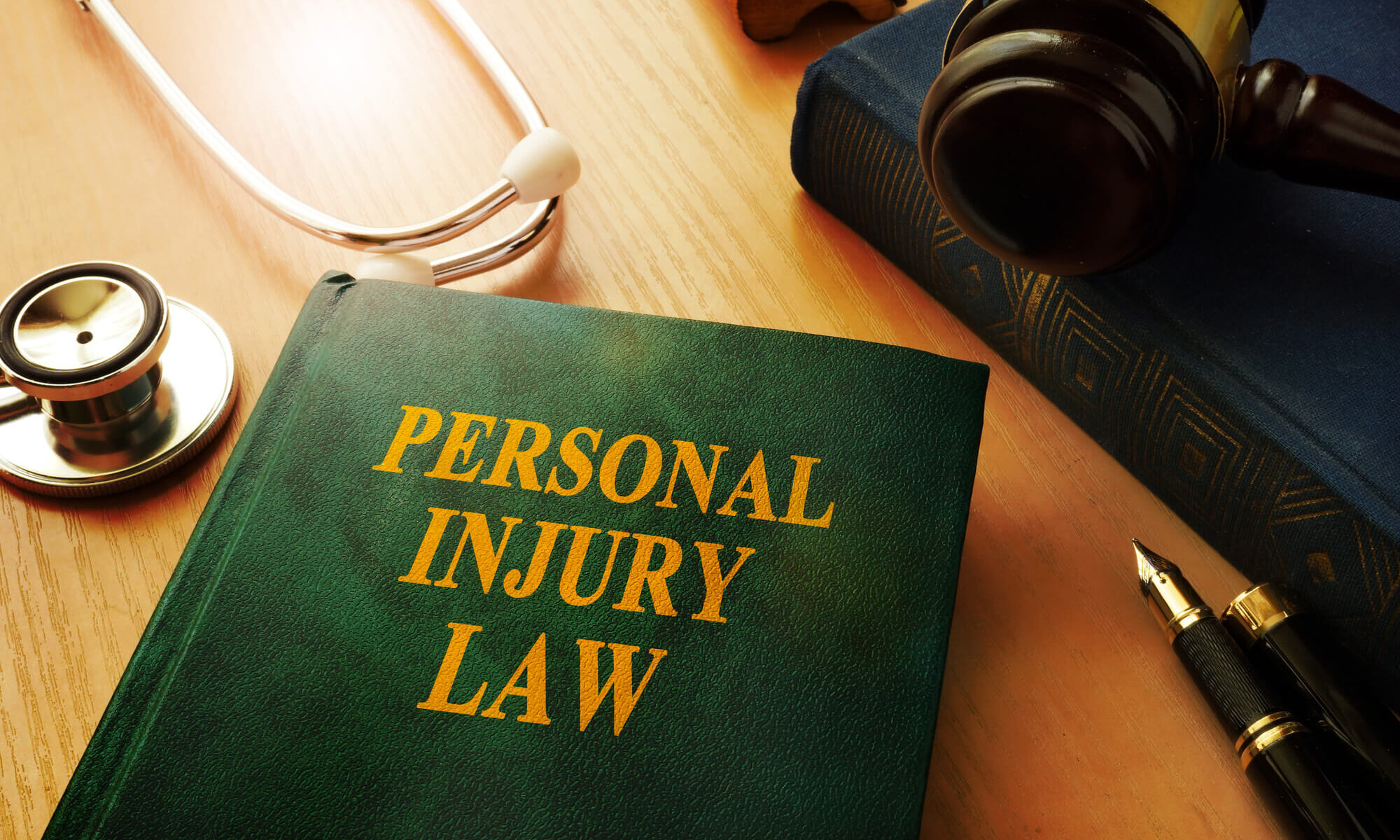All types of accidents can cause serious injuries. However, some accidents cause injuries that are so severe that they are permanent. It is important to understand under Illinois law what it means when an injury is deemed permanent. After all, if the injury is permanent, it has an impact on the potential compensation you could receive, and also your ability to earn a living. Learn about permanent injuries below, and speak to a Chicago personal injury attorney at SJ Injury Law if you have questions or need legal assistance.
What Is A Permanent Injury?
A permanent injury leaves you with a permanent disability, meaning that your abilities or movements have limits they did not have before the accident. If you were permanently injured in a car or other type of accident and another party caused it, you should be compensated for your permanent injury. You also may be compensated for a permanent injury that happened at work. A severe injury that will stay with you permanently dramatically alters your life, so you will need to make many adjustments going forward. Possible examples of total permanent injuries are:
- Amputation or loss of use of the hands, feet, legs, arms, or eyes
- Hearing loss
- Disfigurement
- Scaring
- Severe brain injury
- Paralysis
- Severe burns
- Injury leading to death
Other serious injuries are permanent but partial, such as loss of fingers, thumb, toes, arm, hand, leg, or foot. All of these injuries – both total and partial – are serious, but some are worth more than others in a personal injury lawsuit. The severity of your injury depends on your physician’s diagnosis and if they think you can return to work. Whether you can go back to your job or not affects how much compensation you will receive.
Obtaining Compensation For Your Permanent Injury
When you are seriously injured, you may be entitled to compensation for your injuries. There are a few common accident scenarios that affect how you receive compensation:
Job-Related Injury
If your injury happened at work, the Illinois Workers’ Compensation Act states that you are probably eligible for workers’ compensation. After a work-related injury, you have 45 days to tell your employer about the injury.
Depending on the severity of the permanent injury, workers’ compensation will be calculated based on the number of weeks. If you have a permanent, partial disability, your company will compensate you for at least 2/3 of your weekly pay for every week you cannot work. If you have a permanent total disability, you will receive more. As your company’s employee, you are deemed partially disabled if you can eventually go back to work and fully disabled if you cannot go back to work in the same or similar job.
Personal Injury
If your permanent injury happened in a car accident, the at-fault driver is liable for compensating you, assuming this driver has enough insurance coverage. Illinois is a comparative negligent state for auto accidents, so the percentage of compensation can vary if you are partially at fault. Just like any claim in a traffic accident, the liable party may have to pay for your medical expenses, lost earnings, property damage, and pain and suffering and permanent disfigurement.
Medical Malpractice
If your permanent injury arises because of a medical error, you will need to file a medical malpractice claim. Your doctor’s medical care must meet a minimum standard of care and should not cause you a permanent disability. But if the physician breaches the standard of care, you could receive compensation in a lawsuit.
How Do You Prove A Permanent Injury?
Proving that your personal injury is permanent means having an attorney adept at navigating the many legal and medical complexities. Your attorney will help not only in collecting critical evidence, but also will adroitly communicate how the injury affects your life. Maybe even using a “day in the life” video. SJ Injury Law is well-equipped to design a compelling case and advocate for fair compensation for a permanent injury.
The process involves obtaining all significant medical evidence to show how your injury is permanent. Medical records, testimony from expert witnesses, medical imaging, and detailed statements from your doctors are vital elements to back up a permanent injury claim.
Another key aspect of proving the lasting nature of your injury relies on the concept of maximum medical improvement (MMI). Your doctor will determine when your injury and condition have reached MMI and will not get any better. When the doctor determines your degree of impairment, they will rely on the AMA Guide of the Evaluation of Permanent Impairment. Permanent injuries can be partial or total, and it is permanent if it is not 100% healed when you get to MMI.
How Much Is A Permanent Injury In A Personal Injury Claim Worth?
Every case is different, and only an experienced personal injury attorney can give you an idea of what your injury could be worth. The costliest part of economic damages in a permanent injury personal injury claim is medical bills. You could get compensation for your doctor and hospital visits, physical therapy, treatment plans, assistive devices, ambulance trips, prescriptions, and assistive devices.
Unfortunately, medical expenses for a permanent injury could cost you for years. Compensation for your future medical costs is critical, and determining that amount is a vital part of what your attorney does.
Lost income is another important consideration that you have with a permanent injury. Many people with a permanent disability struggle to earn a living. Even if they can return to work, they may have to do a job that pays less than before. Your attorney will rely on salary or wage records from your company to show how much you have and will lose. Not being able to work also means losing health insurance and retirement benefits.
You also may be eligible for pain and suffering damages for your permanent injury. Your injury could cause you physical discomfort forever. Also, you probably will have mental anguish and emotional stress from knowing your body will never fully recover. These things should be considered when determining a fair figure for non-economic damages.
Speak To Our Chicago Personal Injury Attorney Today
Suffering a permanent injury in an accident is one of the worst things to happen to people. If it happens to you and another party caused the accident, you should receive compensation for your losses. To learn if you have a valid personal injury claim, please contact our Chicago personal injury attorney at SJ Injury Law at (847) 434-3555. During the initial consultation, one of our experienced personal injury lawyers will advise about potential legal options.










